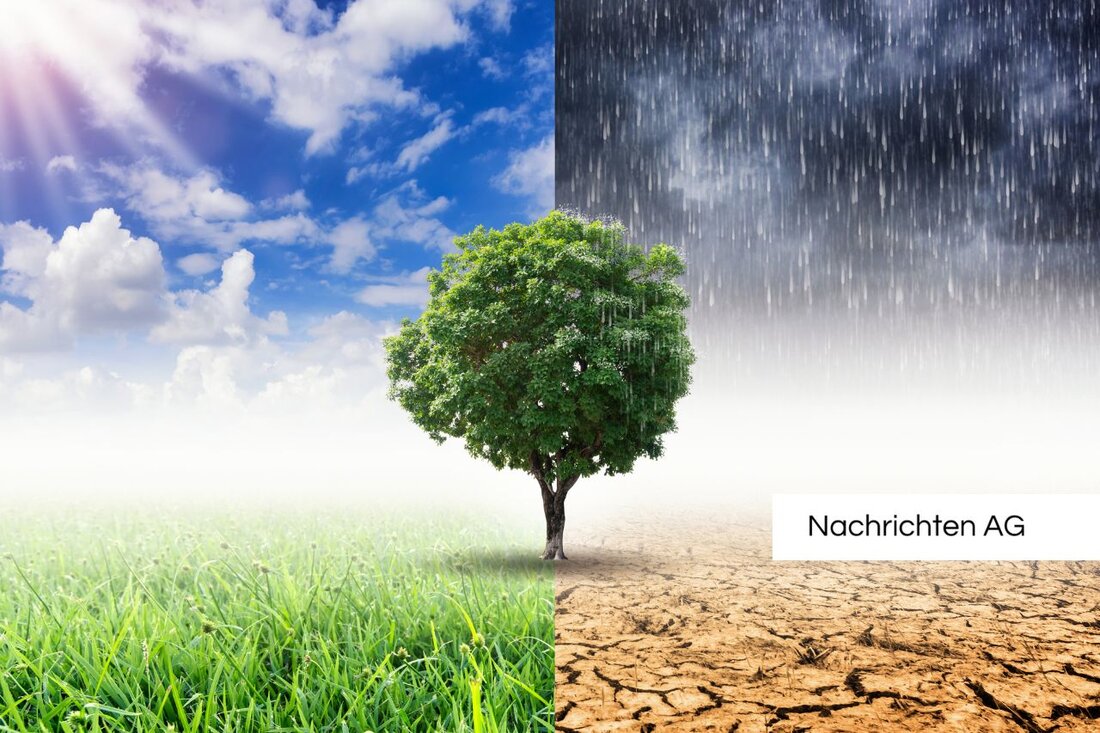University of Regensburg starts new master's specialization in sustainable chemistry!
From the winter semester of 2024/25, the University of Regensburg is offering the Master's degree in “Sustainable Chemistry” to promote environmentally friendly processes.

University of Regensburg starts new master's specialization in sustainable chemistry!
The University of Regensburg (UR) has taken an important step in higher education. From the winter semester of 2024/25, a new specialization in the Master's program in Chemistry with a focus on “Sustainable Chemistry” will be offered there. This course of study aims to create awareness of environmentally friendly and resource-saving chemical processes. The university is thus responding to the most urgent challenges of our time, such as climate change, resource consumption and environmental pollution uni-regensburg.de reported.
Dr. Eva Müller, a leading voice at UR, emphasizes the need to establish sustainable chemical practices for a responsible society. The new course is a multifunctional educational offering that not only imparts knowledge of chemistry, but also focuses on reflection on social responsibility. The aim is to reduce the impact on the environment, energy consumption and waste production in the chemical industry.
Additional course of study on sustainability
In addition, an additional course of study entitled “Shaping Sustainability” will be offered for students of all disciplines in the summer semester of 2025. This program aims to impart key skills for the transformation towards greater sustainability. This comprehensive approach shows how important sustainability is in modern education.
Chemistry presents both opportunities and risks for sustainable development. Historic accidents such as Seveso, Bhopal and Sandoz have highlighted the dangers associated with chemical processes. Nevertheless, it also shows that chemistry offers significant potential for sustainable developments, for example in the conversion of materials to produce energy-efficient materials such as insulation. green-chemistry.net points out the role of catalytic converters in the automotive sector, which reduce emissions and thus relieve the burden on the environment.
Requirements and principles of sustainable chemistry
In order to meet the requirements of sustainability, a complex interplay of specialist knowledge is required. Sustainable chemistry requires the use of environmentally friendly processes and resource-saving techniques. This includes the use of renewable raw materials, the use of environmentally friendly solvents and more efficient waste management. The Green Chemistry Initiative narrows these claims down to twelve basic principles, which include, among other things, avoiding waste, maximizing material efficiency and minimizing toxic substances.
- Abfallvermeidung ist besser als Abfallbehandlung.
- Synthesemethoden sollten Materialeffizienz maximieren.
- Verwendung ungiftiger Substanzen, wenn möglich.
- Erhalt der Funktionalität bei gleichzeitiger Reduktion der Toxizität.
- Minimierung des Einsatzes von Hilfsstoffen.
- Energiebedarf sollte minimiert werden.
- Verwendung erneuerbarer Rohstoffe, wenn möglich.
- Vermeidung unnötiger Derivatisierung.
- Katalytische Reagenzien sind bevorzugt.
- Chemische Produkte sollten umweltfreundlich abbaubar sein.
- Entwicklung analytischer Methoden für Echtzeitüberwachung.
- Minimierung des Risikos chemischer Unfälle.
These principles create an important basis for an industrially oriented chemistry that combines ecological, economic and social sustainability, as supplements from unep.org clarify. The global importance of green and sustainable chemistry has increased in recent years to support the global Sustainable Development Goals.
The United Nations has adopted several resolutions that advance frameworks and guidelines for the development of sustainable chemical processes. These include not only scientific and technical aspects, but also political dimensions that are important for implementation. The chemical industry is therefore required to develop solutions that not only meet current challenges, but also meet future innovation needs.

 Suche
Suche
 Mein Konto
Mein Konto